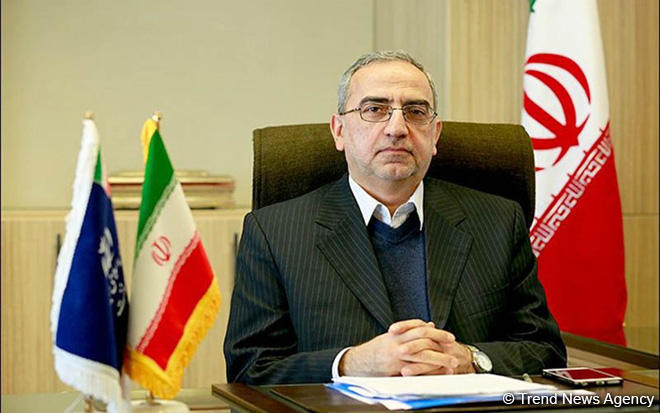Tehran, Iran, August 8
By Mehdi Sepahvand –- Trend:
The future Minister of Energy of Iran should take serious steps toward changing country’s energy resources from fossil fuels to renewable energy, Abdolhamid Afsari, Deputy Director General for Planning and Coordination of the Ministerial Office of the Ministry of Energy told Trend, Aug 8.
“The upcoming tenure should become one to shift from unrealistic to realistic tariffs on energy,” Afsari said, noting that the future minister will be “a minister of an era of drought and probably a minister to start changes in energy procurement procedures.”
President Hassan Rouhani on Aug 8 proposed his second-term ministers to the Parliament. Habibollah Bitaraf was proposed for the post of the Energy Minister.
Bitaraf was Energy Minister of Iran for eight years during the Khatami presidency (1997-2005). He is remembered as a capable professional and honest person.
He is a University of Tehran alumnus. During his service as the Minister of Energy, several major national projects were launched, including numerous power plants and dam construction projects.
Afsari said however, that naturally Mr. Bitaraf should not be expected to be the same person that he was 20 years ago and his approach in this new tenure is yet to be seen.
Afsari reiterated that the future Minister of Energy should “change the mindset of key officials in the Ministry” to pursue a shift to the renewable (RES) resources.
“To create and synchronize an energy market that promotes renewable energy, as well as to bring renewable energy chain from the policy making to developmental completion marketing scheme should be considered,” the high-ranking official noted.
He added that the future minister should attract public’s participation, create political consensus on water and energy concerns, de-centralize and, thus, democratize policy-making in the energy sector, as well as handle water management affairs with a keen eye for political and security concerns over the major water basins of Iran.
Iran had already added 29 MW to the country’s RES capabilities during the last fiscal year, ended on March 20, which brought the total volume of production up to 264 MW, or 0.34 percent of Iran’s total nominal power generation capacity.
Iran had planned to add 490 MW to its RES capabilities during the last fiscal year, of which only 6 percent was realized.
During the current fiscal year, Iran hasn’t inaugurated any new RES projects. Nonetheless, according to the Energy Ministry’s announcement, additional 690 MW RES will be added to the grid by the end of the current fiscal year.
that Iran had taken upon itself an obligation to generate 5GW RES in five years.






